‘There are few greater fears in life than waiting for a job interview to start.’
(Yate, 2021: 185)
When I found out about the simulated interviews we had to conduct for the module, I was terrified. I had been interviewed multiple times before for various part-time retail/hospitality jobs to get me through university, and had conducted simulated interviews in secondary school, although there was simply something different about these simulated interviews that made me extremely anxious. The fear and realisation of the imminent completion of my university studies struck a chord with me and drastically exemplified the preexisting anxiety surrounding a simulated interview. On top of this, for once I was interviewing for a job I was passionate about and could see a career in, something which almost detracted from the simulation, and enhanced the realism of the experience.

Soon enough, this simulation would become my reality. Using Gibbs’ Reflective Cycle, as it enables you to,
‘see the situation in a different way and…learn for the future.’
(Jasper, 2003: 82)
something which will undoubtably help me for future job interviews, I will reflect on my experience of the simulated interviews we conducted in class with our classmates. Aiming to see where I erred and where I excelled in the interview process. Hoping to adapt and improve, and seeking to reveal the superfluous anxieties associated with the interview process that simply make this already daunting situation worse, and hinder your chances of success.
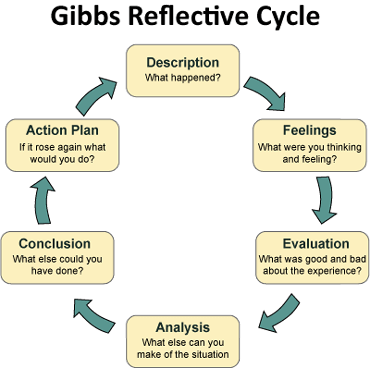
Description and Feelings
‘Approximately 80 per cent of candidates at interviews will have conducted no research whatsoever.’
(Innes, 2016: n.p.)
I started thinking about the simulated interviews quite early on, thus affording me the opportunity to explore job interview procedures, and gain insights from experts on successful strategies for securing the desired job. During this process I learnt that
‘If you’ve made an effort to research both the organisation and the environment in which it operates, then you will immediately have a head start on other candidates,’.
(Innes, 2016: n.p.)
Regardless of the fact there wasn’t other candidates, I wanted to treat this process as seriously as possible to help prepare myself for future job interviews. I had to be thoroughly prepared, therefore I started researching jobs that appealed to me, giving me the chance to delve into organisation research. I came across a job as a film festival events co-ordinator with a company called Snowline Media Ltd. The job description illustrated that a passion for the company and what it does was necessary to be part of their team. I had to match their enthusiasm to conduct a successful interview, thus, having to engage in comprehensive research of the organisation to ensure thorough preparation.
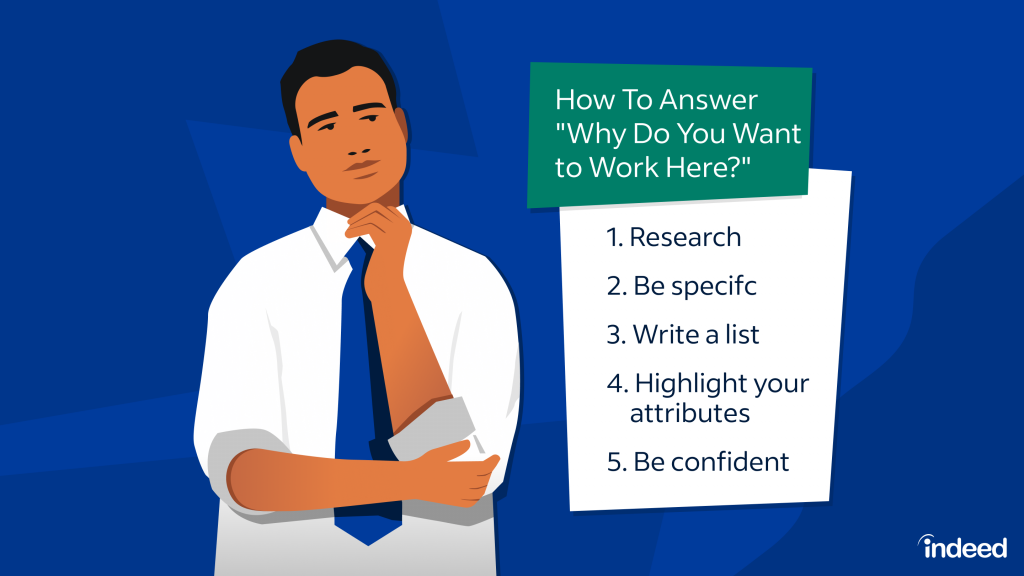
‘The only way to combat the stress you feel from fear of the unknown is to be prepared,’
(Yate, 2021: 186)
As quite an anxious person it was crucial that I was well prepared when it came to answering questions. I needed to work on my confidence before going into these interviews, therefore I spent around a week practicing new common interview questions with myself every day. I tried using the STAR technique we learnt about in class to structure my answers to approach competency based questions strategically, and effectively communicate my skills and experience in a professional way that didn’t seem like I was rambling on. By the end of the week, I felt quite comfortable with the way I was answering my questions, and my confidence did grow.
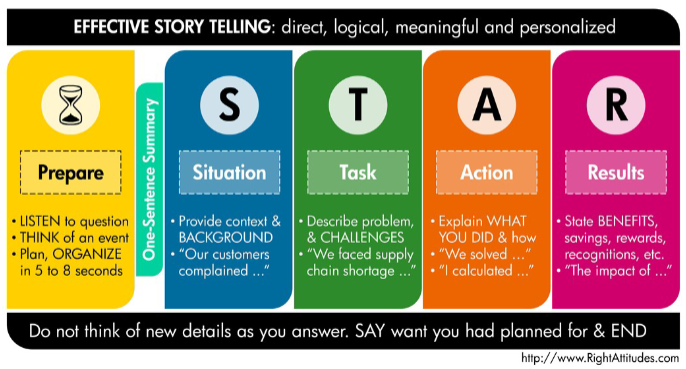
I felt prepared to excel in my interview, until the hour before it started…I walked into the interview room, sat down and all the anxiety and fear came crawling back. As my classmates (interviewers) entered the room, my confidence left the room. It felt like the day I first found out about the interviews, unprepared, uninformed, and sick to my stomach. We each went in alphabetical order, and thankfully enough I was one of the last people. This gave me the time to try and calm myself down a bit and gather my thoughts, trying to remember all my research. Interviewing others and observing the relaxed unjudgmental environment of the simulation, helped me feel more comfortable.
Evaluation and Analysis
‘Interviewers are looking for the candidate who stays calm and continues to process incoming information during stressful events,’
(Yate, 2021: 186)
When I had to go out into the hall to let my interviewers pick their questions for me, everyone else from other groups around me were eagerly waiting and practicing their answers. However, I just tried to almost save myself for the interview and try not to learn a script and get confused and stutter, therefore I simply took this opportunity to breathe. I didn’t want to overload myself with prepared answers directly before going into the room, and simply focus on these whilst the interviewers were talking to me and appear unfocused. I walked back into the room alongside my classmates acting like the most confident, unstressed person in the room, dressed professionally as,
‘55 per cent of first impressions are created by the way we look and behave’
(Corfield, 1992: 32)
and my interview commenced.

My appearance on the outside didn’t reflect how I was feeling inside and when the questions started, and I began to talk, I could feel the redness on my face appearing and a slight repetitive stutter came over me whilst answering the first question. As the questions proceeded, I felt as though I got slightly better with each question, the redness remained but the stutter left, and I answered all my questions strategically employing the STAR technique I had practiced. I was asked a question “How do your skills align with the role? Give an example where your skill allowed you to succeed.” This question provided me with the opportunity to promote my past work with other film festivals and present my expansive skillset to them when it came to organising and running certain festival events. My answer enticed interviewers who wanted to learn more about other stuff I’ve done, something which boosted my confidence significantly. I felt as though I presented myself adequately under the circumstances of my crippling anxiety at this point of time.
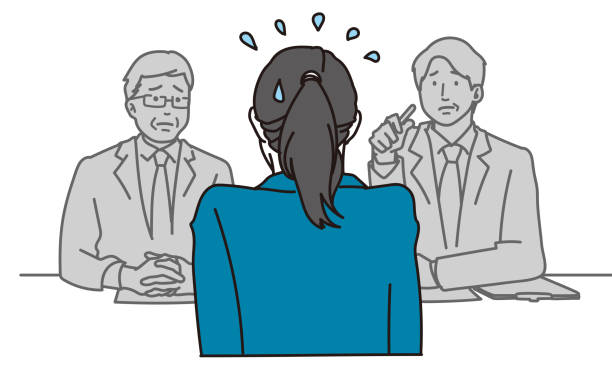
I went into somewhat of a trance during my simulated interview and only came around the hour after the interview when I was reading my feedback form and was able to effectively reflect on the experience. During my reflection I began to recognise the extent to which I underestimate myself as an individual aspiring to enter the film industry. My classmates were amazed at my experience, stating that I was “well versed in the creative scene in Belfast”, they made me realise how much work I have actually done and how I should simply have much more confidence in myself. With simulated interviews, and interviews in general, I genuinely believe that they’re mere mind games that make you doubt yourself and test not only your skillset, but undoubtably your capacity for resilience, testing how you will cope under pressure in the workplace.
Conclusion and Action Plan
As Rebecca Corfield states,
‘If you have been called for an interview there is no reason why you should not get the job.’
(1992: 15)
If everyone simply remained calm during interviews it would be almost impossible to pick your candidates. Almost everyone doesn’t remain calm, and as a result, the ones that do are in with a better chance of getting the job as
‘Confidence is critical to a successful interview’.
(Innes, 2016: n.p.)
This exemplifies the importance of the simulated interview as it shows that you put the work in, and provides you with the opportunity to build your confidence and become one of the calm ones during an interview. This pre-preparation work, the time you’ve spent practicing participating in simulated interviews shows you’re a worker instantly. You’re a lot calmer than other candidates and seem significantly more professional, instantly making you stand out.

If I was presented with this opportunity again there’s much more things I would do differently. Reflecting on my pre-preparation work I realised, whilst I had practiced the questions thoroughly with myself, I hadn’t practiced them with others, something which would have tested my ability much more and helped build my confidence. I was working on building my confidence with all this work prior to the interviews, in the hopes of not stumbling during a two-way interview. Looking back on it now, this was rather imprudent of me. If this opportunity arose again, I would do this with a friend or peer. I also doubted myself significantly and was overthinking everything, I have much more valuable skillsets that I could have presented. Although, my overthinking made me doubt myself and not see the value in my skills and experience, until my peers gave me my feedback.
Taking part in this simulated interview has taught me so much and will be pivotal in helping me secure jobs in the future as,
‘The interview is one of the most critical points in the job search process.’
(Innes, 2016: n.p.)
I’m now much more aware of the interview process and how it works. This simulation was more about learning how to control the nerves of the interview process rather than how to actually answer the questions for me. You could have the perfect answer, but it won’t come across good if you’re stuttering whilst answering, and uncontrollably fidgeting with your hands, unable to make any eye contact whatsoever. If only I’d grasped this earlier prior to the simulated interviews, I could have excelled much further in my interview, finding more ways to build my confidence, although, this is exactly what the simulation is for.
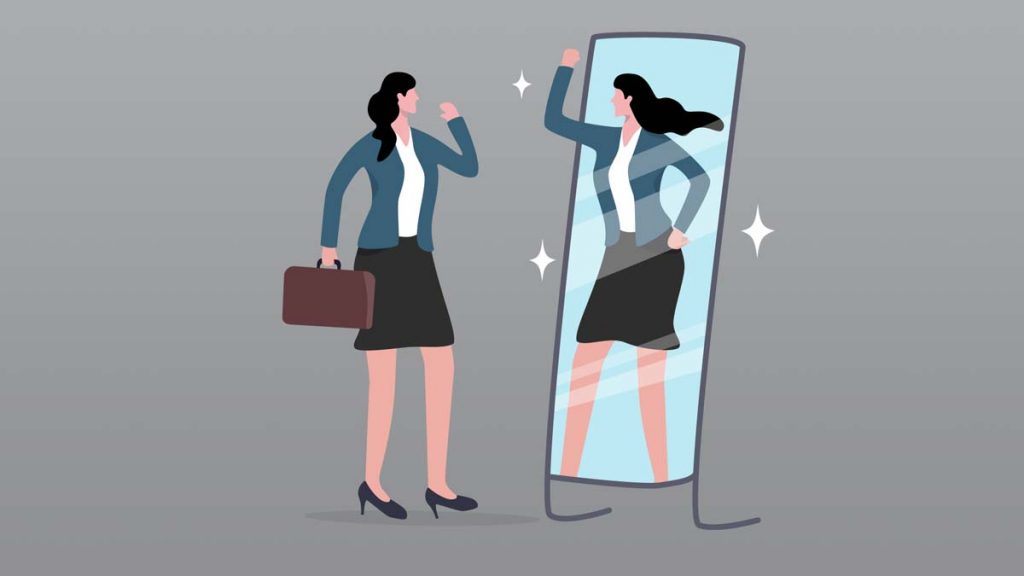
References
Corfield, R. (1992) Successful Interview Skills: How To Present Yourself With Confidence, London: KoganPage.
Innes, J. (2016) The Interview Book, Third Edition, London: Pearson Education.
Jasper, M. (2003) Beginning Reflective Practice, Cheltenham: Nelson Thornes.
Yate, M. J. (2021) Great Answers To Tough Interview Questions, Eleventh edition, London: KoganPage.